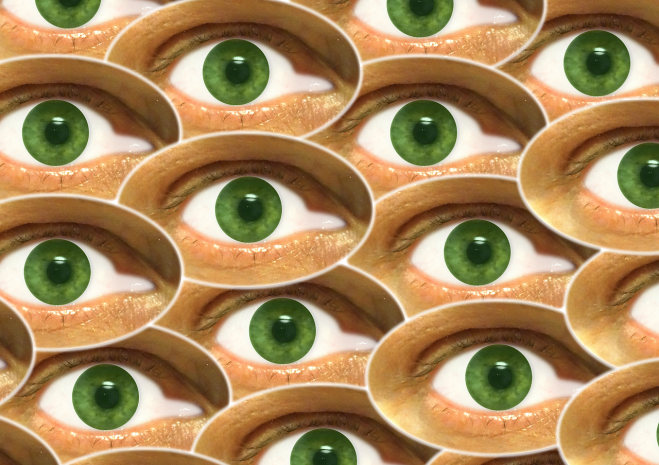
Valentine’s Day is around the corner – well, around the corner and long the corridor a bit, but definitely within spitting distance – and that being the case, I’ll be absent from Word Shamble for a few days.
Now, I know many of you are cynical about the event, trussing a 3rd century Roman saint to selling chocolates and jewellery and overpriced flowers, pressurising lovers into expensive purchases to prove the depth of something as ephemeral as love.
You have a right to feel cynical. The heart shaped balloons and cutesy ‘wuv woo’ bears and cards, the way manufacturers package seemingly unrelated items in red just to sell them to men desperate to get themselves out of trouble … It’s capitalism run riot and it ain’t pretty.
May I suggest an alternative to this unpleasantness?
Those who’ve followed this blog a while will already know my attachment to certain books – every reader has them, those tomes that burrow into your psyche, often at a young age, and squat in your brains like benevolent worms, raising their heads and twitching their tales every now and then to make their presence felt.
For me, Precious Bane by Mary Webb is one such book.
Set in the Shropshire of the early nineteenth century, it focuses on Prue Sarn, cursed with a ‘precious bane’ (a hare lip) that seems to rule her out of marriage, out of happiness, that shapes her life, her personality and her destiny.
Yes, it’s terrifically romantic and melodramatic – there are love spinnings and sin eaters and wise men. There’s a fair amount of yearning, of chaste glances between Prue and the gentle, magnificently named weaver Kester Woodseaves.
There’s darkness too. Unfathomable lakes, moody landscapes, curses, folk magic, pain, humiliation, betrayal, death – lots of death.
But aside from the fabulous prose, here’s a wonderful thing about the book. Prue is not Disney Cinderella beautiful. She is outshone by her best friend, seen as ugly and shunned. But she is brave and loyal and decent and all of that makes her shine through as a character, means that she’s no wishy-washy heroine who gets a fit of the vapours when spoken to unkindly. She works the fields – she drives a sodding plough, for heaven’s sake – and even though she suffers greatly, she is nothing like a victim.
So, here’s my recommendation.
Leave the chocolates, leave the flowers (okay, buy the flowers – I am a florist after all!), leave the teddy bears (no, really LEAVE the bears) and buy a copy of Precious Bane instead.
It’s one of the few truly romantic novels I’ve ever read.
And if you doubt the quality of Webb’s writing because you’ve never heard of her, take a look here to see why The Guardian newspaper’s Eloise Millar thinks she’s better than Thomas Hardy.
Happy Valentine’s Day, everyone. See you on the other side.









